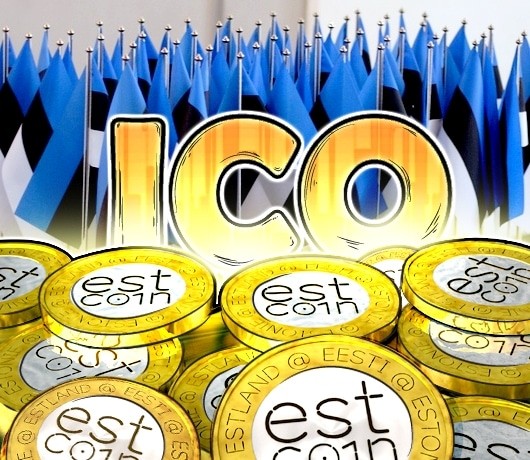ICOs are emerging as the preferred method for start-ups to raise capital and it is clear the current growth we are seeing in their issuance will only increase moving into 2018. This unique capability is an exciting new opportunity and value proposition for companies that is unmatched by any existing capital raising method today. It is only through educating the public about both the value and risk associated with the ICO market that we will move to greater adoption and the beginning of the token economy of the future. Here we have given an outline to ICO’s and their substantial growth in usage in recent times.
What is a token?
A coin is a unit of value that is native to a particular blockchain and is used as a means to exchange value within the platform. It is important to distinguish the difference between a coin and a token. A token has functionality which goes beyond the exchange of value. It can represent any asset or functionality that a developer desires. Tokens have a unique utility to a platform. An example of this is the recent ICO from Power Ledger, an Australian start-up which raised over $34m for their peer-to-peer renewable energy network. The purpose of the tokens in this example is that users can trade units of self-generated solar power or self-stored battery energy using Power Ledgers token (POWR). In this example, the investor is purchasing tokens for the functionality of trading electricity.
What is an ICO?
An Initial Coin Offering (ICO) is the new way for start-ups to raise money without using traditional funding routes such as Venture Capitalists. It has been referred to as a new form of crowdfunding. A start-up will raise money by creating their own cryptocurrency with particular rules attached to it. An investor would send Bitcoin or Ethereum to an investment portal where they will receive a fixed amount of the particular cryptocurrency. Investors purchase with the hope that the project/platform becomes successful and the value of the coin is more than originally purchased.
How much has been raised through ICO’s?
Since the beginning of 2017, we have seen an influx of start-ups using ICO’s as a means to fund their projects. In 2017 alone, we have seen over $3.8 billion raised through the new ICO funding model (CoinSchedule, 2017). 228 start-ups have contributed to this extraordinary figure leading to an average of $15.8 million with the highest ICO raised was by Filecoin $257m. According to a recent CBInsights Review of Blockchain Investment Trends, ICOs have surpassed the total funds raised via traditional equity financing on a quarterly basis which shows that this new funding model is a preferred funding model moving forward.
ICO v IPO
We have done extensive research across the world into the new phenomenon of the ICO model and how it has inherent differences to a traditional IPO or Venture Capital Fundraising.
A company fundraising via an IPO or Venture Capital Fundraising is effectively selling its ownership shares in exchange for additional capital. The capital raised will be used to further their operations and growth. Investors gain value from the shares as the company grows, receives dividends on the ownership stake, and reaps benefits as revenue and profits increase.
However, a token sale has a unique technology and business value proposition, in that the token is relied on as a core part of the company’s operating model. The company sells the tokens to the investor with the purpose of gaining stakeholders in the product ecosystem and for the stakeholders to use the tokens to interact with the product.
Future of Initial Coin Offerings
When looking at the future of ICO’s, it is clear that the growth we have observed will continue into 2018. However, it is inevitable that regulation is just around the corner. We must emphasise the need for companies issuing tokens to consult independent trusted advice around their legal and tax obligations to ensure they are compliant with current and potential future regulatory requirements. We believe the introduction of these regulatory initiatives and legislation will help combat fraudulent ICO’s, which as a result will open the door to institutional investors in this space.
By Lory Kehoe
EMEA Blockchain Lab Lead
and Neal Costigan
EMEA Blockchain Business Analyst
Prepared and edited by @EdinaZejnilovic, Journalism Student at DCU.















